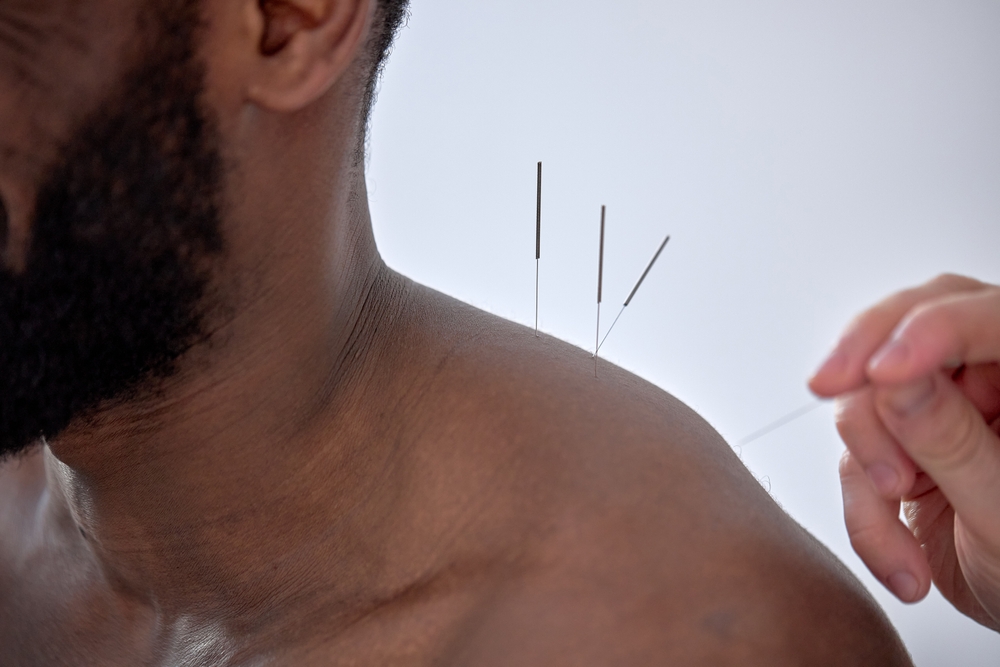A recent study highlights the effectiveness of acupuncture in improving sleep and overall quality of life for individuals suffering from Parkinson’s disease. This research, published in JAMA Network Open, compares the impacts of real acupuncture against sham acupuncture, revealing significant benefits for those receiving the authentic treatment.
Study insights and methodology
The study involved 78 participants with moderate to severe sleep issues, all of whom were undergoing treatment for Parkinson’s disease. Over four weeks, participants received either real or sham acupuncture treatments three times per week. The effectiveness of these treatments was measured using the Parkinson’s Disease Sleep Scale (PDSS), with follow-up assessments conducted at four and eight weeks.
Significant findings
Results indicated that participants in the real acupuncture group experienced notable improvements in sleep quality, as evidenced by a 29.65-point improvement in their PDSS scores at the four-week mark, compared to a 10.47-point improvement in the sham group. These benefits persisted, with continued improvements observed at the eight-week follow-up.
Broader implications for Parkinson’s treatment
The study’s findings suggest that acupuncture could be a safe and effective adjunct therapy for improving sleep quality in Parkinson’s patients, potentially enhancing their overall quality of life without adverse side effects. This is particularly significant given the chronic nature of Parkinson’s and the various symptoms and treatment side effects that can impair sleep.
Expert opinions
Experts not involved in the study, such as Lijana Shestopal, DTCM, LAc, and Raveesh Sunkara, MBBS, MS, MCh, have commented on the potential of acupuncture. They note its safety, lack of interference with pharmaceutical treatments, and the necessity of realistic expectations and consistent treatment for achieving the best outcomes. However, they also highlight challenges such as accessibility, experience of the acupuncturists, and insurance coverage that could affect the integration of acupuncture into standard care.
Conclusion
While further research is needed to fully integrate acupuncture into routine clinical practice for Parkinson’s disease, current findings are promising. Acupuncture offers a complementary approach that could significantly improve the lives of those living with Parkinson’s alongside conventional treatments.





